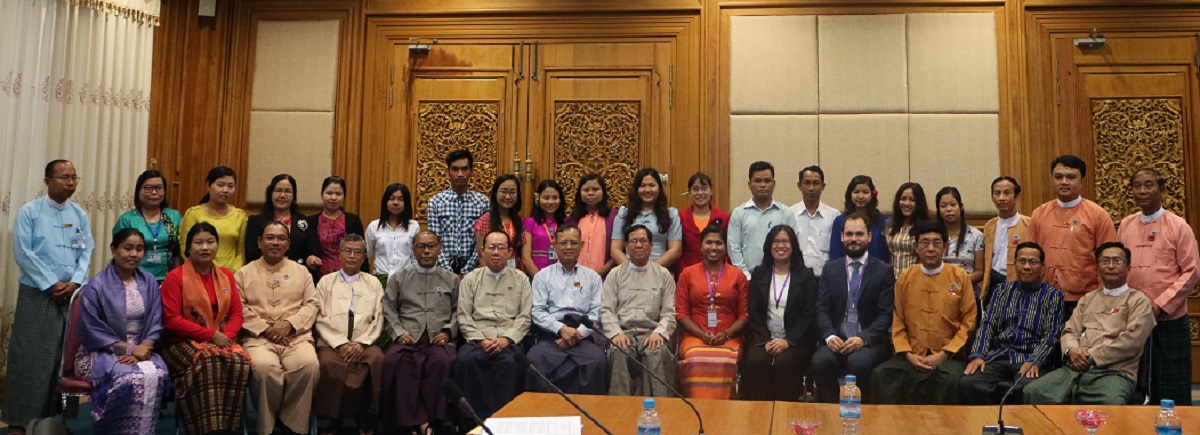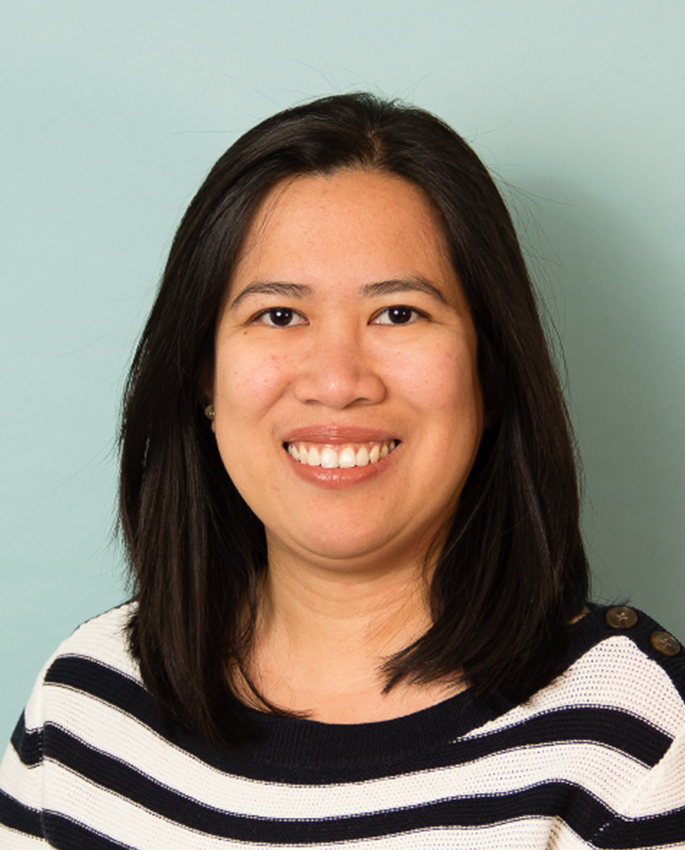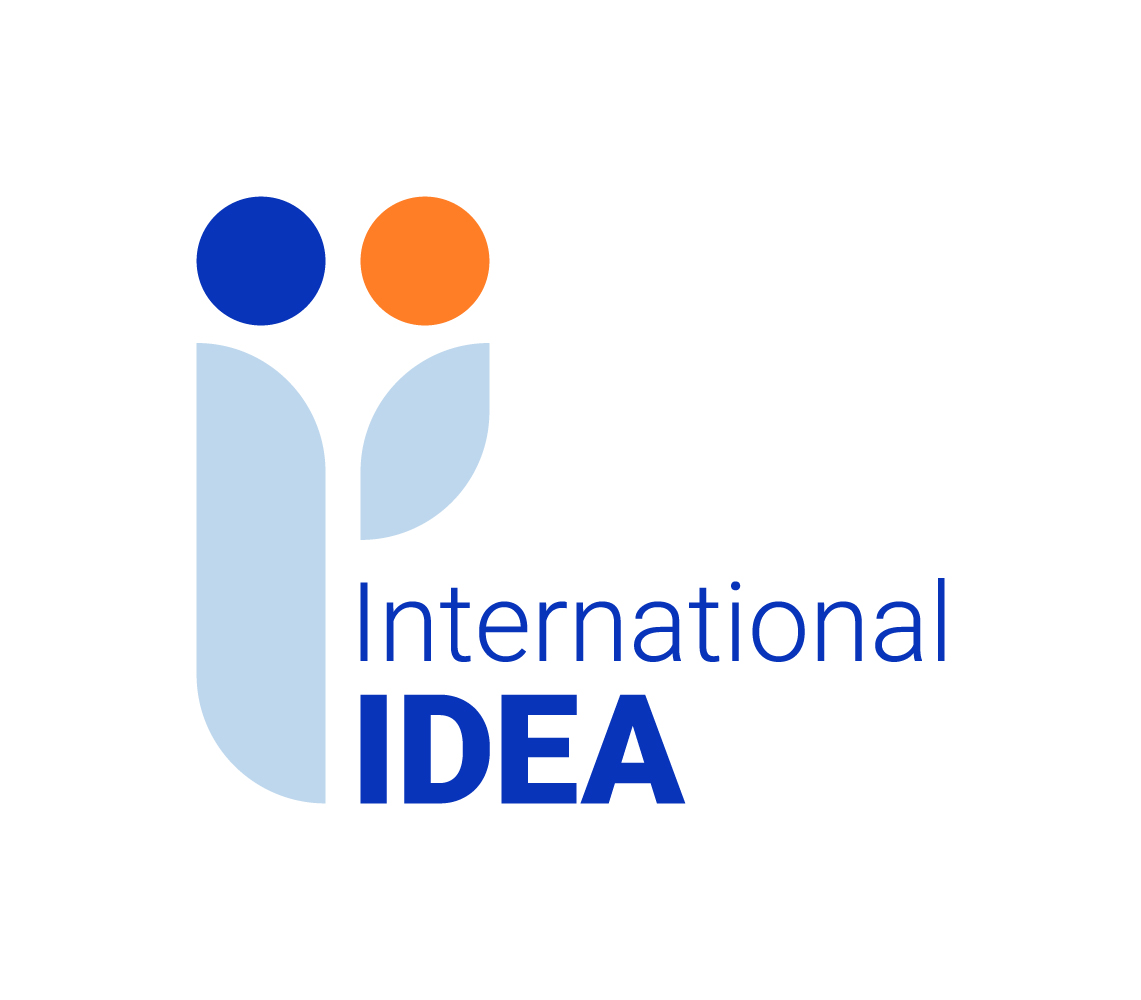Myanmar’s Parliamentarians discuss how to improve democratic accountability

“Our role is to be transparent, accountable and responsible in our oversight function, now that Myanmar is transitioning towards democracy”, said by U Aye Tha Aung, Deputy Speaker of the Union Parliament of Myanmar and of the Amyotha Hluttaw and Chair of the Parliament’s Joint Public Accounts Committee (JPAC).
The Deputy Speaker emphasized this message at a workshop International IDEA conducted on 5 March for the members of the JPAC on how to use International IDEA’s knowledge and experience on democratic accountability to improve and strengthen the committee’s oversight function. The JPAC within the Union Parliament (Pyidaungsu Hluttaw) as well as the Public Accounts Committees in the Union-level Houses Representatives (Pyithu Hluttaw) and Nationalities (Amyotha Hluttaw) are the main actors with the constitutional mandate to undertake budgetary oversight. As a result of the November 2015 elections, majority of the Parliamentarians are new to the elected office which is posing an extra challenge.
The workshop was attended by 14 members of the Parliament (including two women Parliamentarians) and 19 secretariat staff, was intended to equip members and staff of the JPAC with tools that will enable them to fullfil their mandate with special emphasis on increasing their capacity to carry out budgetary oversight and monitoring for a more accountable service delivery. International IDEA aims to build capacities of JPAC and Public Accounts Committees, assist in developing an operating framework conducive to performing their oversight functions, and support constructive engagement with state and social accountability actors.
An initial step towards realising these objectives was introduction of basic concepts of democratic accountability, its fundamental principles of answerability, responsiveness and enforceability and the forms of accountability mechanisms in the context of Myanmar. Fruitful discussion ensued where the members recognized that as part of a powerful legislative committee such as JPAC, all three principles of democratic accountability are significant for effectively carrying out their functions. Some also emphasized answerability as a more important principle given the infancy stage of democratic building Myanmar is in. The principle of answerability ensure officials are duty bound and accountable to their constituents in articulating the demands, including providing space, capacity and willingness to justify actions in carrying out their functions.
Succeeding workshops will be carried out to map out policy process and mechanisms within the Public Accounts Committees, analyse gaps and eventually identify improvements and reforms in the accountability structure.


